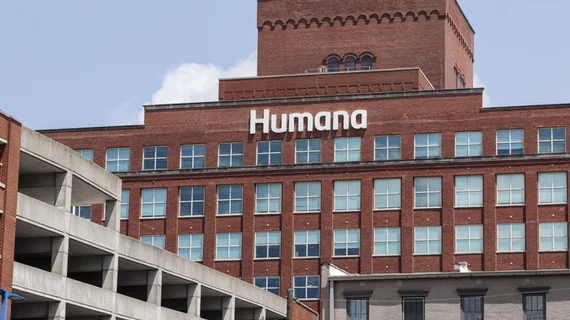Humana expands use of automated prior authorization software into diagnostic imaging
Humana is expanding its use of automated prior authorization software into diagnostic imaging, the commercial insurer announced Tuesday.
The Louisville, Kentucky-based payer first partnered with vendor Cohere Health in 2021 to launch a pilot program in 12 states. Under the initiative, Humana used software to help reduce prior authorization approval turnaround times related to musculoskeletal services.
Amid early success, Humana expanded the software’s deployment across all 50 states in 2022, and then into cardiovascular and surgical services last year. Now, the for-profit payer—which covers 17 million-plus members across all of its plans—will utilize the same program in imaging and sleep services.
“Expanding our partnership with Cohere further supports our commitment to improving prior authorization for our members and providers,” Lisa Stephens, MBA, senior VP of clinical operations at Humana, said in an April 23 announcement. “Diagnostic imaging is often the start of a patient's journey, and we are confident our collaboration will further elevate our members' overall healthcare journey and streamline administrative tasks for our providers."
Boston-based Cohere Health’s solution utilizes artificial intelligence, clinical expertise and real-time analytics to digitize the cumbersome prior authorization process. It claims the product can help health plans lower administrative costs while also granting providers “less abrasion and faster turnaround” times.
Cohere currently processes about 5.5 million prior authorizations annually, impacting 420,000 healthcare providers and 15 million plan members nationwide. One of its goals, according to the announcement, is to help physicians and their patients “get to ‘yes’ more quickly.” The company also recently raised $50 million in equity, which it’s using to fuel expansion.
“Our solutions are rooted in the latest evidenced-based guidelines from leading medical societies and use advanced technology to align patient services within care pathways through upstream moments of influence, ultimately enabling faster diagnoses,” Cohere Health CEO Siva Namasivayam, MBA, said in the announcement.

